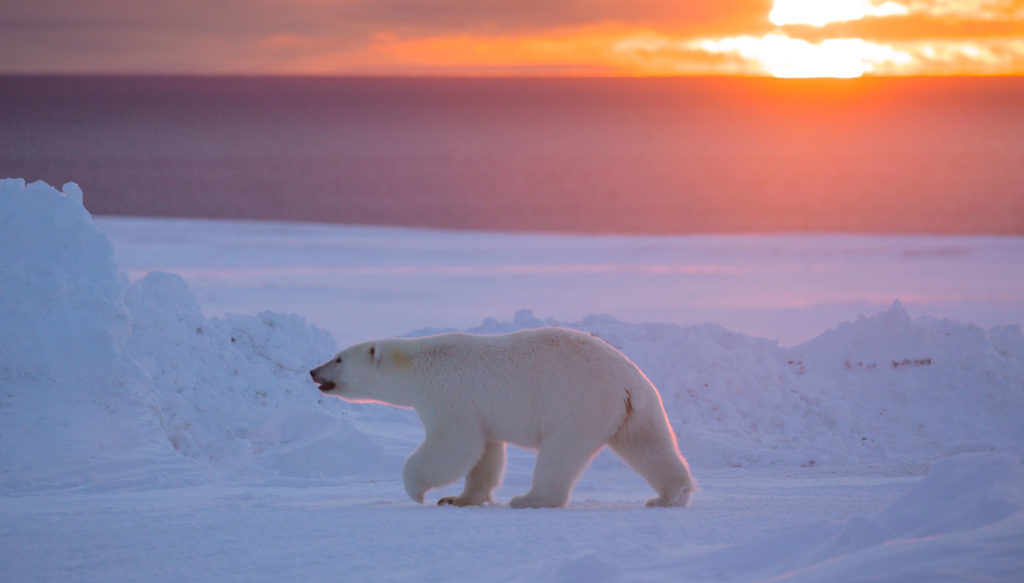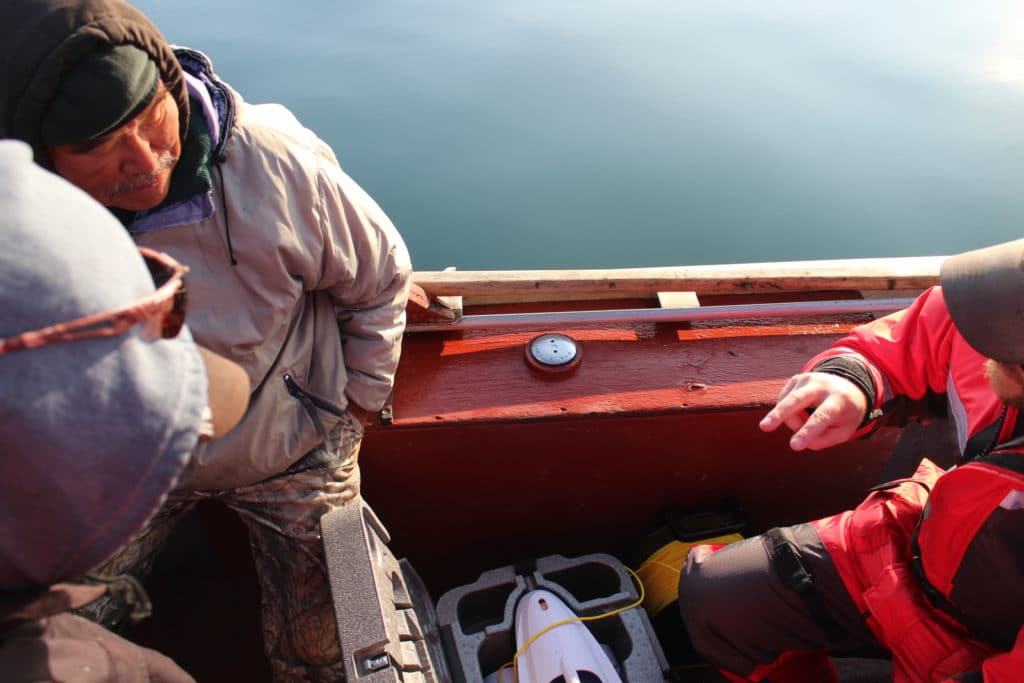Arctic life depends on the annual cycle of sea-ice formation, but climate change is making these cycles less predictable. Ice-dependent species such as polar bears, walrus, narwhals, belugas and bowhead whales are watching their habitats shrink, move and change.
As the ice-free season in the Canadian Arctic gets longer, there are new opportunities for development, economic growth and jobs, particularly in mining and oil and gas. Industrial development introduces changes to Arctic landscapes and the people who depend on them. But economic development in the region is not without risks, including the risk of oil spills, increased underwater noise, disruption from ship traffic, and the introduction of invasive species. These changes can also put the well-being of local communities at risk.
While the impacts of climate change are already being felt by communities, a warming Arctic has ramifications for the whole planet. As the Arctic warms, it has less ability to help cool the planet.

























